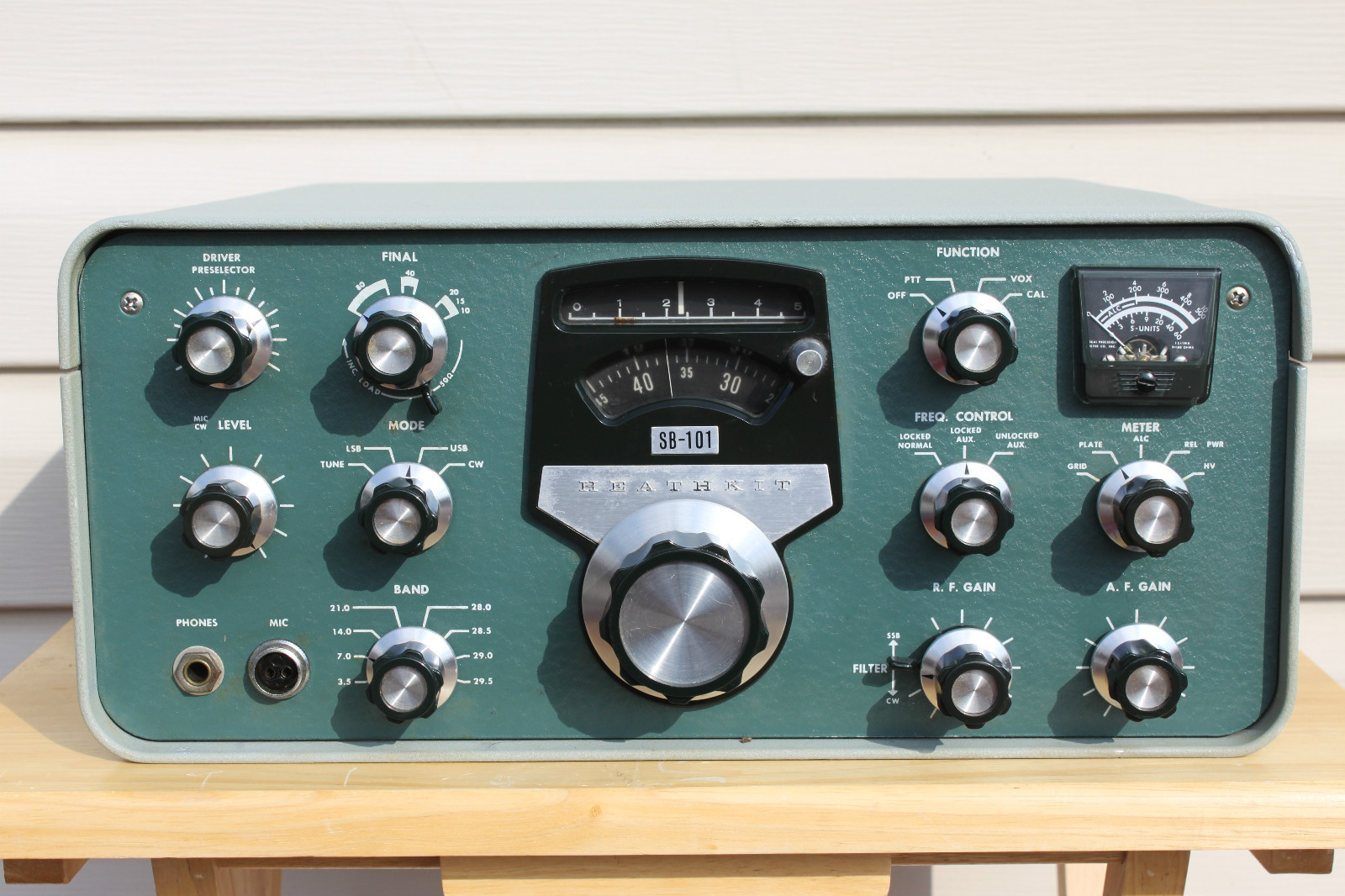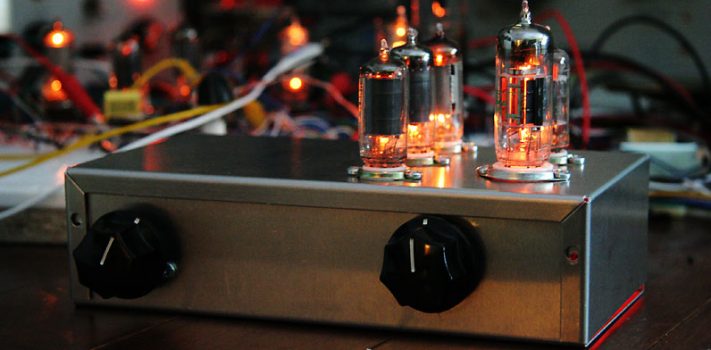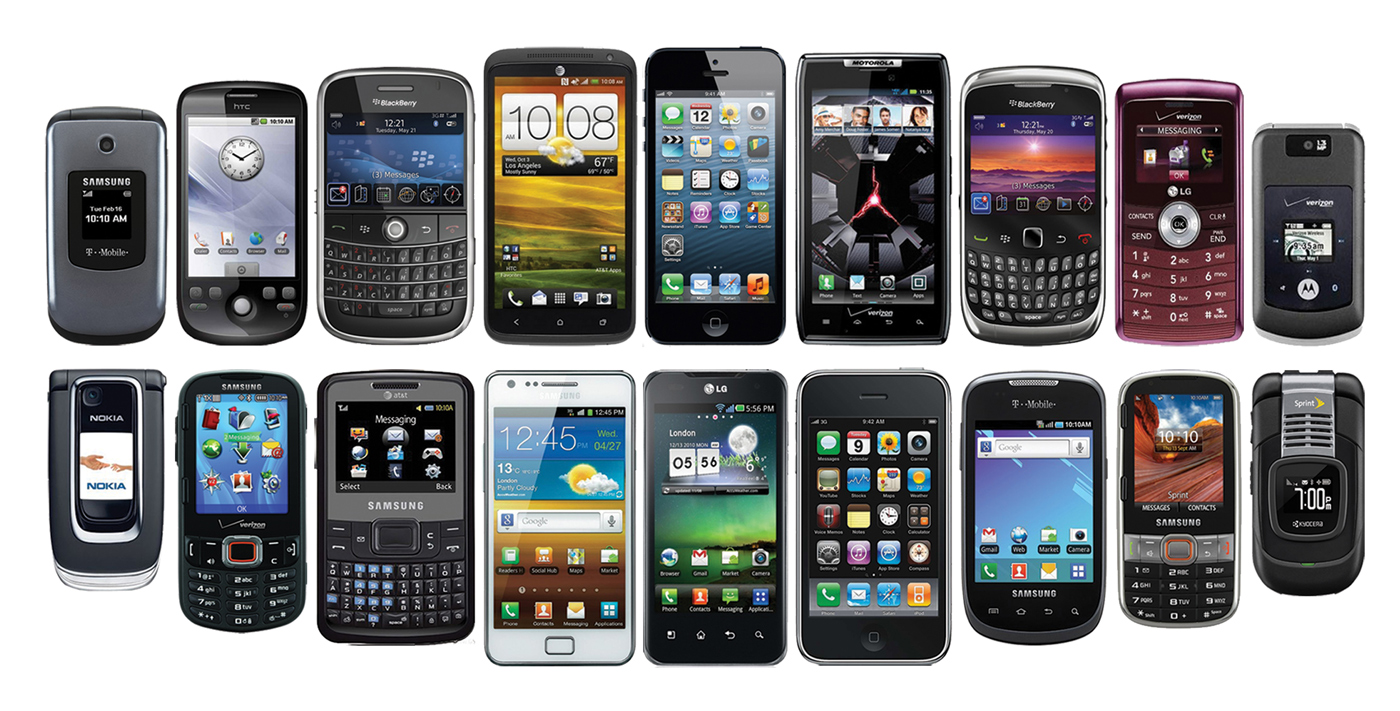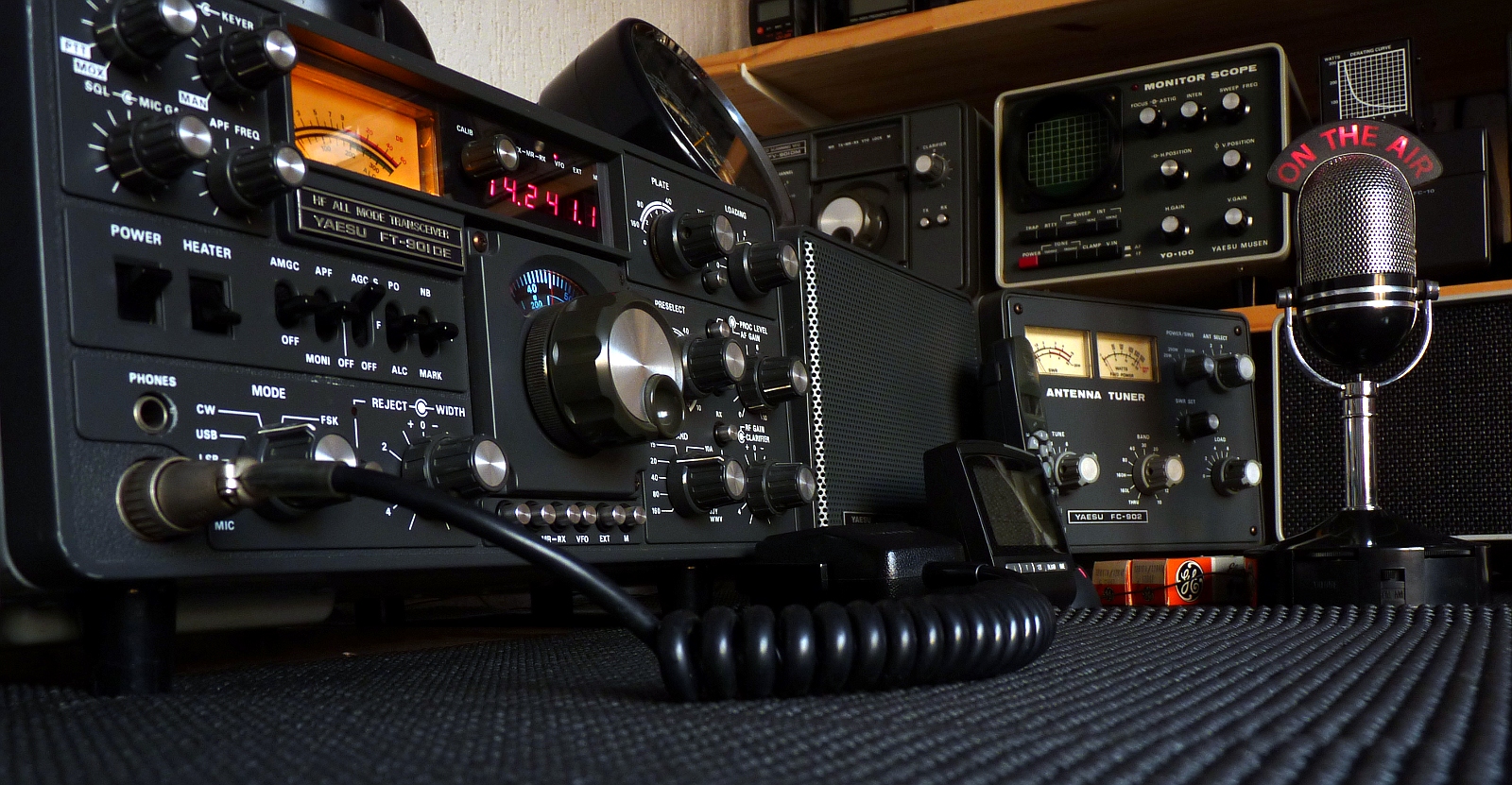Letter Re: Using EMP-Hardened HF Ham Radio
Hugh, I strongly recommend against using any Heathkit rig for an emergency radio. There was one solid state Heathkit but it was a rebadged, factory assembled Yaesu. All others were built by an individual, whose attention to detail you most likely have no idea about. They are known in the hobby as “GRIEF kits” for a GOOD reason. They fail – early, and often. They have too many disadvantages for the emergency backup purpose. Besides all the ones mentioned by the original author: They have high (LETHAL) voltages inside. They require 120V AC power. They have no cooling fan on …




